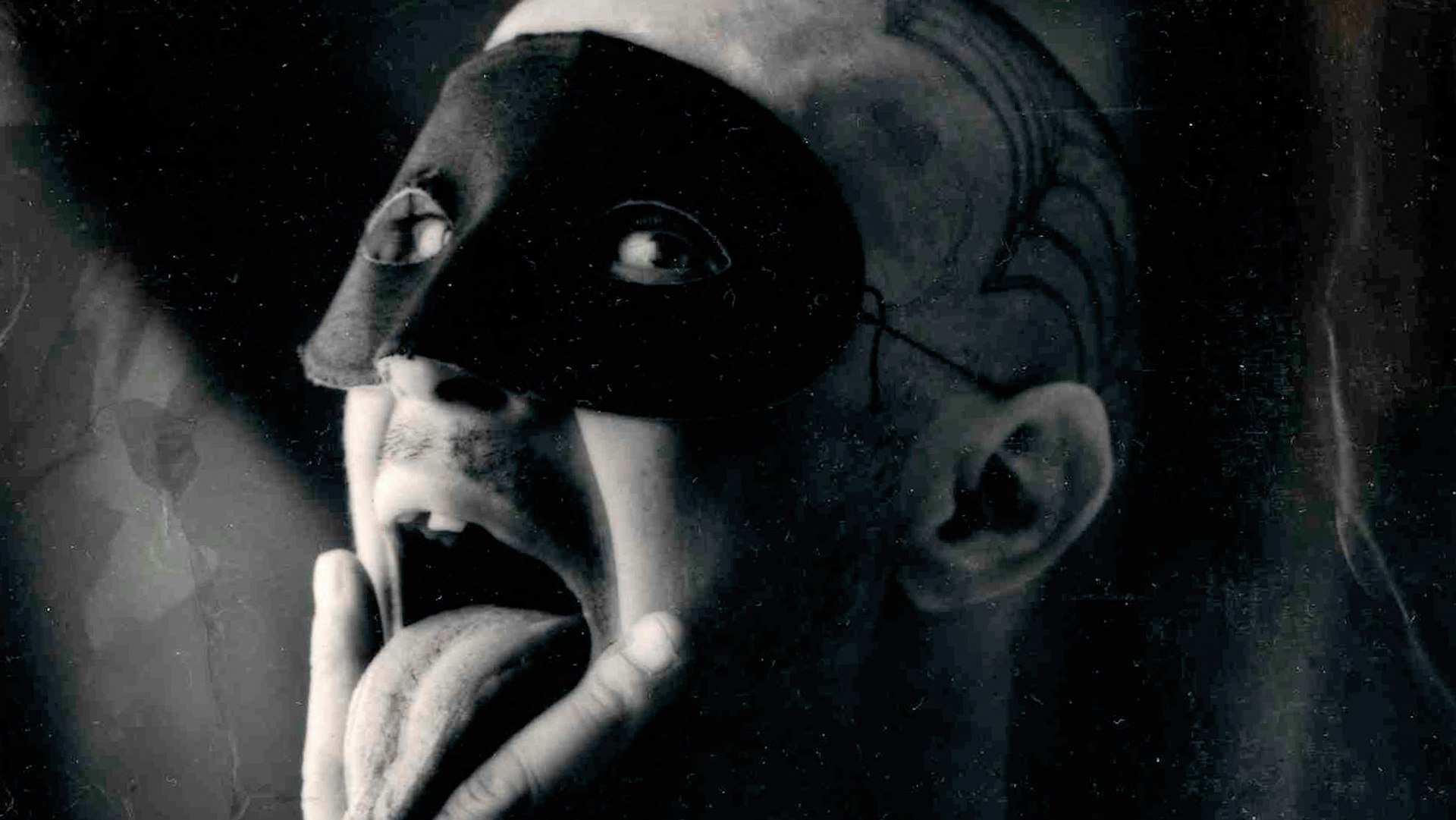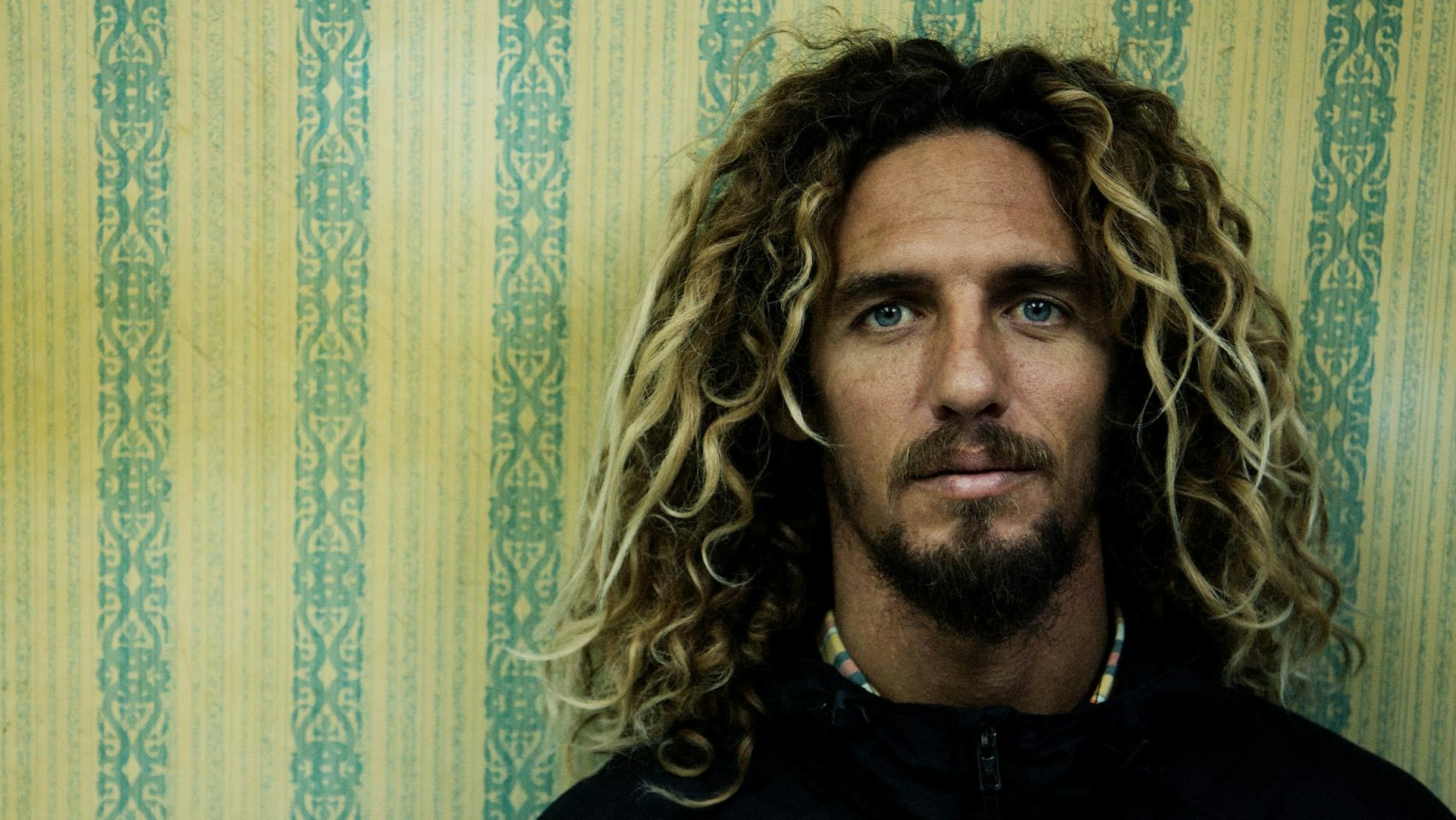
Dave Carnie
- Text by Niall Neeson
- Photography by Dave Carnie
Dave Carnie is a familiar face around Los Angeles. As we sit down at an Argentine place on Fairfax, the table across from us do that indiscrete ‘there’s that guy’ thing people do when their brains slow down. Public perception of Carnie is that of court jester – the cockeyed spirit behind the decade-defining Jackass MTV series who, alongside his cohorts, was momentarily skyrocketed to stratospheric celebrity. He’s also the guy who, at the helm of controversial skateboarding magazine Big Brother, created upset upon middle-America-baiting upset under the reign of Hustler publisher Larry Flynt.
What is less well known about Carnie is that he is a Joycean scholar and an accomplished fine art photographer. Like the best conversationalists, he is all these people at once – now the clown, now the cerebral cultural analyst – skipping from skate punk to gourmand to agony uncle over Argentine steak and Californian wine.
With a new magazine and prestigious exhibition under his belt, HUCK caught up with Carnie to ask: when did ‘artist’ become a dirty word?
You once told us that you don’t enjoy talking about art. Is that because it’s so subjective people inevitably end up talking about themselves?
Well, it is a bit masturbatory, isn’t it? It’s not exactly something you brag about. I suppose that’s part of the reason I feel a little embarrassed talking about it. It also puts me on the same level as all these other buffoons out there bragging about their craft and their art. I think I heard Gwyneth Paltrow on the radio one day waxing nostalgic about her “craft”. She’s an artist, apparently? I mean, if she’s not going to feel stupid saying that kind of shit, somebody has to feel embarrassed for her. I think it’s also because in order for me to talk about my work, or even art in general, I have to open a part of myself that I don’t particularly like people to see. My inner Gwyneth. You could almost say that I spend most of my time and effort trying to distract people from seeing that side of me. I lead the life of a rodeo clown.
During Big Brother’s heyday, some people got really insulted – who were the worst crybabies?
Ronnie Creager was the first one I remember. We ran a full-page sequence of him and someone said, “I wonder what it would look like if one frame were just a big pair of tits?” I think they might have been the first tits in the magazine, too? Anyway, when the issue came out, Ronnie was very upset – apparently because he was unable to show his mother the sequence. He had a tantrum, stormed out of World Industries and destroyed a tree on the front lawn.
Given how commodified skateboarding has become since the demise of Big Brother, have people expected your new magazine, King Shit, to revive those countercultural days?
I don’t think commodified is a word? Anyway, I have no idea what people expect. There’s certainly an element of the Big Brother spirit, whatever that is, in King Shit. And it was there before Ryan [Stutt] approached me about contributing to it. I mean, of course with me and [Chris] Nieratko involved, there’s going to be more than a hint of Big Brother flavour in there. But I think Ryan has always kind of had that attitude on his own. I remember telling him early on that we have to change the name. A magazine with SHIT in the title isn’t going to make it onto US newsstands. Ryan more or less told me to fuck off. Which I admired… but we still have to make some sort of an adjustment to that name if we expect to sell the fucking thing anywhere. I don’t work for ’zines or for free anymore.
Can the upsetter spirit that Big Brother ignited survive skateboarding’s present arc in the cultural cycle?
Yeah [pauses]… because that spirit has existed since the dawn of time. Kids are always up to no good and looking for shits and giggles. And skateboarders are a particularly mischievous little bunch of scallywags, aren’t we? We’re kind of like the bad fairies of the urban landscape. Big Brother doesn’t exist anymore, but that “upsetter spirit” as you call it will always live on.
You had a show last year, Minutwar, at Cal’s Pharmacy in Portland, Oregon. Is that city becoming a new cultural hub in the States?
What are you talking about? That place is a shithole. A miserable, dark, cold and wet shithole. But I love Portland. And I have a lot of friends up there. I don’t know if it’s becoming anything, it’s always been a city with a strong art and music scene. Oregonians, in general, have always done things a little differently. It’s a little bohemian corner of America. It’s a nice place to visit. But I don’t like wearing scarves and I’m too old to have one of those funny emo haircuts that everyone up there has.
How did that exhibition come about?
My old friend Arthur Lindsey has been curating shows in the gallery space above the Pharmacy skate shop. He’s been trying to make the space available to skaters and friends who wouldn’t otherwise have access to galleries to show their work. Chris Johanson is also up there and he helps Art with the shows. Bryce Kanights has shown, as well as Chris Pastras, Jason Lee, Chet Childress, Jason Adams, Tobin Yelland. There’s been a lot of good stuff in there. There’s talk of moving to another, bigger space and expanding the vision.
For someone who’s never seen your work, can you summarise your process and any recurring themes?
Ugh, you want me to elaborate on “my craft”? Gross. I make pictures. The picture starts as a photo. I have a degree in photography and I love it, but at the same time I don’t particularly care about it the way your typical anal-retentive photographer does. The photo, however, is the base of the image. I shoot film. I develop the film myself. And I print the images in a darkroom. Sort of a Luddite. It’s not really a statement about digital photography, that’s just how I’ve done things since the late eighties and I enjoy the craft… There’s that word! The prints are toned at various stages during the process, sometimes even before they go under the enlarger, and then they’re abused by a variety of other mediums, like oil pastel, before they’re completed. Joel-Peter Witkin and Starn Twins shit, really. I just watched a documentary called It Might Get Loud and Jack White likens playing guitar to a fistfight. That’s kind of how I print. I don’t always win, but I try my best to beat the shit out of every piece of paper. Themes. I’m kind of like a cover band, I suppose. I borrow heavily from literature, for instance – Joyce, Faulkner, Beckett, Shakespeare. I don’t know… I just try to create this dark little world. I like forests for some reason. I tend to stage most of my scenes in dark wooded areas where little sunlight reaches. For one thing the flat, even lighting works great for black and white. But most of the images relate in some way to a struggle of some sort. That’s what the whole ‘Minutwar’ thing is about. Minute wars. The little wars you have with yourself and your world every day. I suppose it’s a lot like how Joyce imposed the heroic journey of Ulysses on little ol’ Leopold Bloom. And beyond the underlying meaning or literary references — sometimes there aren’t any — it’s just a lot of fun to get together with friends and shoot these stupid photos. Everyone gets to play dress up — tits come out, alcohol is consumed — and I take a couple pictures. It’s a good time.
Other than the activity itself, what is it about skateboarding that is such a creative wellspring?
Well, like art, it really doesn’t mean anything, does it? There’s no goal to either… in the sense that there’s no finish line. There’s no end of the game. Nobody wins. There’s no results. The only result is the satisfaction of completing a meaningless task or goal you created for yourself. Both activities attract like minds, I suppose.
You also do a lot of food writing these days. Isn’t that talking about art, albeit in a different form?
Well, I write as much about food as I do about skateboarding. Like skateboarding in Big Brother, it was just sort of a backdrop for all kinds of other more interesting nonsense. And that’s kind of how I approach food writing. And unlike skateboarding, food is everywhere — everyone has to eat, and thus everyone can relate to it. To me it’s more of a vehicle for delivering stories than anything else.
Did you see the Jackass juggernaut coming?
Are we still talking about Jackass? No, I thought it was funny, but I didn’t think it would do as well as it has done. Those fellas have done quite well for themselves and I’m proud of them.
Given the many episodes in your life and aspects to your personality, which Morrisey lyric would you choose as an epitaph?
Oh man, this is probably the most revealing response of all… There are so many. ‘Bigmouth,’ with “Sweetness, sweetness I was only joking when I said I’d like to smash every tooth in your head.” ‘Half A Person’ has always been a favourite song: “Sixteen, clumsy and shy, that’s the story of my life.” ‘Hand In Glove’ is also up there: “And if the people stare, then the people stare, oh, I really don’t know and I really don’t care.” But I just realised that the first lyric that came to mind before all those is actually post-Smiths, from ‘Such A Little Thing’ — “I will not change and I will not be nice.” Which is very fitting itself. All the lyrics are very nice in that song, but it’s the ending that popped into my head before anything: “Leave me alone, I was only singing.”
